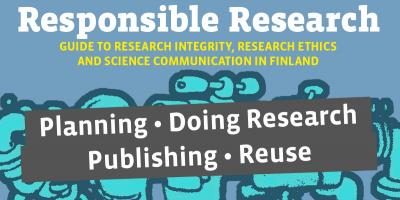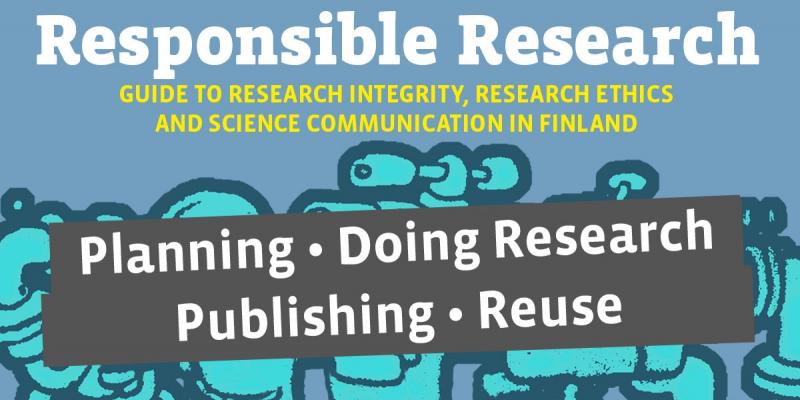
Harassment is a threat to researchers and scientific freedom. New recommendations offer concrete ways to safeguard freedom of expression and develop support structures.
The Committee for Public Information has published recommendations for the Finnish research community to protect researchers and experts from harassment and pressure. The recommendations can be accessed here.
In the age of social media, harassment is on the rise. It can be sporadic or organised, and can include, for example, targeting, intimidation or abuse of legal processes. Harassment not only threatens individual experts and the credibility of science, it can also lead to self-censorship: scientists may avoid speaking out on certain topics or withdraw from public debate.
The Committee proposes that a national support and coordination body be set up in Finland to defend researchers' freedom of expression. A similar model exists in Germany, where universities, research institutes, science funders and professional organisations operate a joint organisation. Attention should also be paid to the employer's duty of protection, which should be extended to all members of the research community, including non-employed researchers. It is also recommended that scientific communication and protection against harassment be included in the training of researchers.
The main message of the recommendations is that no one should be left alone with harassment. A safe and cohesive environment supports expert work and open scientific communication. To create this, the field of research needs cooperation and community.
Dialogue between different actors is important when it comes to freedom of speech and expression. In addition to science and research, NGOs, journalists and cultural actors, amongst others, contribute to our society on the basis of the information they produce. While the publication reflects the research community, the recommendations are broadly applicable.
The recommendations are based on consultation from the research community. The work was carried out as part of the Freedom of Expression for Researchers project, funded by the Ministry of Education and Culture from 2023-2024. As part of the project, in 2023, the Committee carried out a survey for researchers and experts to map out experiences of attempts to restrict professional freedom of expression. The survey will be repeated in autumn 2025.
Publication details:
Safeguarding The Freedom of Expression of Researchers and Experts
Responsible Research Series 1:2025 (ISSN: 2670-062X)
ISBN: 978-952-7589-09-0
DOI: doi.org/10.23847/tsv.1354
The recommendations were developed by the Committee for Public Information in support of freedom of expression for researchers. The aim was to develop a set of guidelines common to all scientific disciplines. The draft recommendations were open for comments in late autumn 2024. The publication was drafted by docent Oula Silvennoinen and Secretary General Reetta Kettunen.


